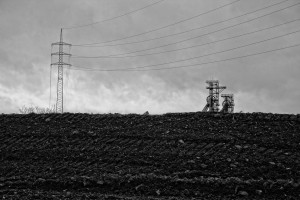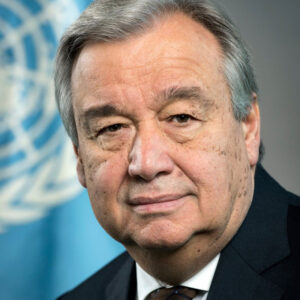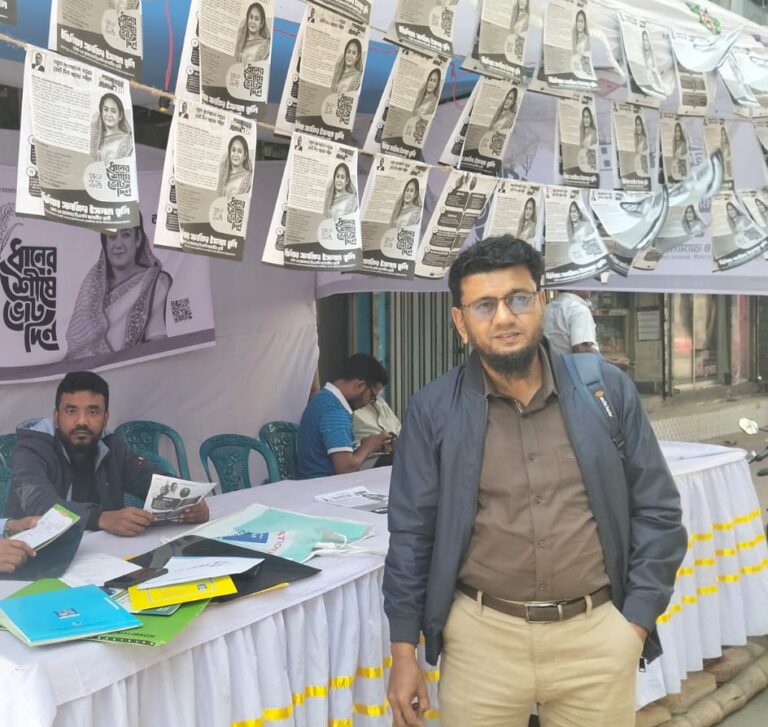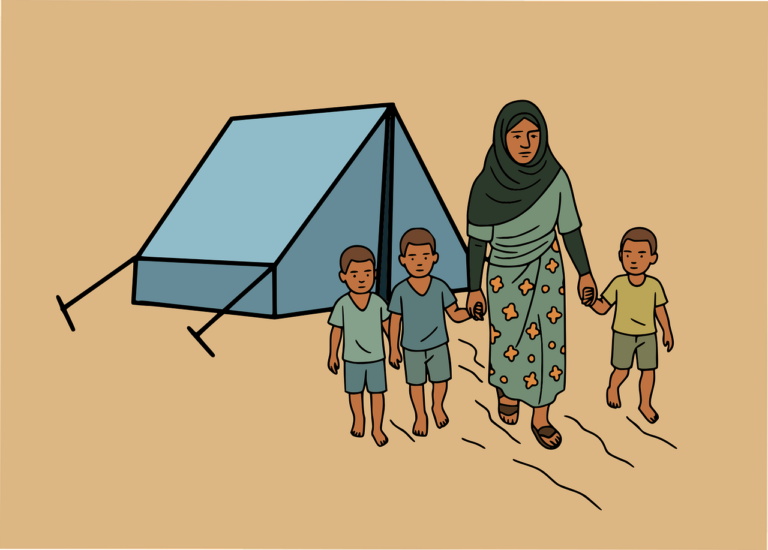
[the_ad_placement id=”adsense-in-feed”]

New York: United Nations Secretary-General António Guterres has stressed that India must end its reliance on polluting, financially volatile and costly fossil fuels and instead invest in clean, economically resilient solar power. He said he had asked all G20 countries, including India, to invest in a clean, green transition as they recover from the COVID-19 pandemic. “This means ending fossil fuel subsidies, placing a price on carbon pollution and committing to no new coal after 2020,” he said.
Guterres was speaking at the nineteenth Darbari Seth Memorial Lecture, “The Rise of Renewables: Shining a Light on a Sustainable Future”, in New York on Friday.
He said in India, 50 per cent of coal will be uncompetitive in 2022, reaching 85 per cent by 2025. “This is why the world’s largest investors are increasingly abandoning coal. They see the writing on the wall. It spells stranded assets and makes no commercial sense. The coal business is going up in smoke,” he said.
[the_ad_placement id=”content-placement-after-3rd-paragraph”]
He pointed out that in some cases, countries were doubling down on domestic coal and opening up coal auctions. According to him, this strategy would only lead to further economic contraction and damaging health consequences.
Also read:
India clarifies only government route available for neighbours to invest in commercial coal mining
Centre to drop coal blocks falling in reserved forest in Chhattisgarh from auction list
“Investing in fossil fuels means more deaths and illness and rising health care costs. It is, simply put, a human disaster and bad economics,” he warned and lamented that in India, subsidies for fossil fuels were still some seven times more than subsidies for clean energy. He added that there were enough evidence that pollution from fossil fuels and coal emissions severely damaged human health and led to much higher health‑care system costs.
“With its vast size and ecological diversity, India is already experiencing many of the worst impacts of climate change. Floods and droughts are getting more frequent and severe, causing major damage to food systems, local economies and human health. India’s recent floods have upended the lives of millions of people. Climate change hits the most vulnerable hardest, undermining the remarkable progress of economies like India in bringing millions out of poverty,” Guterres said.
Referring to the Intergovernmental Panel on Climate Change special report on the 1.5˚C goal of the Paris Agreement, Guterres revealed that if this temperature limit was breached, India would face the brunt of the climate crisis. “The country will endure more intense heat-waves, floods and droughts, increased water stress and reduced food production, all undermining progress towards the Sustainable Development Goals,” he cautioned.
The UN Secretary-General referred to two of India’s top priorities — poverty alleviation and universal energy access, and said scaling up clean energy, particularly solar, was the recipe for solving both. “The advantages of India’s renewable energy resources are plain to see: They are low cost, protected from volatile commodities markets, and offer three times the job potential of fossil fuel power plants. And they can improve air quality at a time when our cities are literally choking,” he said.
He though pointed out that since 2015, the number of people working in renewable energy in India had increased five-fold and last year, the country’s spending on solar energy surpassed spending on coal-fired power generation for the first time.
According to Guterres, while India had also made significant progress towards universal access to electricity, yet, despite an access rate of 95 per cent, 64 million Indians are still without access today. There is still work to do, and opportunities to be grasped. Clean energy and closing the energy access gap are good business. They are the ticket to growth and prosperity,” he said. He further stressed that because of the falling cost of renewables, it was already cheaper to build new renewable energy capacity than to continue operating 39 per cent of the world’s existing coal capacity. “This share of uncompetitive coal plants will rapidly increase to 60 per cent in 2022,” he pointed out.
According to Guterres, investments in renewable energy, clean transport and energy efficiency during the recovery from the COVID-19 pandemic could extend electricity access to 270 million people worldwide — fully a third of the people that currently lack it. Besides, he said, these same investments could help create 9 million jobs annually over the next three years. “Investments in renewable energy generate three times more jobs than investments in polluting fossil fuels. With the COVID-19 pandemic threatening to push many people back into poverty, such job creation is an opportunity that can’t be missed,” he explained.
Guterres noted that although India was already pushing ahead in this direction, the country, like all countries, was at crossroads.
“India can become a true global superpower in the fight against climate change, if it speeds up its shift from fossil fuels to renewable energy,” reiterated. At the same time, he commended India’s efforts during the pandemic, that saw its proportion of renewable energy rising from 17 per cent to 24 per cent while coal‑fired power declined from 76 per cent to 66 per cent. “This promising trend needs to continue,” he said.
“Renewable energy needs to grow. And coal use must be phased out. That must be our story. A story of smarter, stronger, cleaner economies for the twenty‑first century, creating more jobs, more justice and more prosperity. It is a story that entrepreneurs and innovators are already telling in India and around the world,” he said.
He said this year, researchers in the United States concluded that people living in regions with high levels of air pollution were more likely to die from COVID-19. “If fossil fuel emissions were eliminated, overall life expectancy could rise by more than 20 months, avoiding 5.5 million deaths per year worldwide,” he pointed out.
Guterres though applauded India’s decision to take forward the International Solar Alliance in the form of One Sun, One World, One Grid, and commended India’s plans for a World Solar Bank that will mobilize $1 trillion of investments in solar projects over the coming decade. He recognized that India itself now had 37 gigawatts of installed solar electricity, and that this was “only the beginning”.
“I am inspired by the Indian Government’s decision to raise its target of renewable energy capacity from the initial 2015 goal of 175 gigawatts to 500 gigawatts by 2030. I have no doubt this decision will attract more and more international investors, such as the sovereign wealth funds and pension funds like the Caisse de dépôt et placement du Québec or the Abu Dhabi Investment Authority,” he said and acknowledged India as a pioneer when it comes to driving innovation for access to electricity and on clean cooking — “I call on India and all its innovators, entrepreneurs and business leaders to spearhead the global search for a solution to solar cooking at the household level. India can be the business hub to achieve Sustainable Development Goal 7.”
Guterres also recalled that at the Climate Action Summit last year, India, together with Sweden, had launched the Leadership Group for Industry Transition. This partnership of key public and private sector stakeholders is committed to achieving net‑zero emissions by mid-century in sectors that collectively account for 30 per cent of global emissions. “Companies such as Dalmia Cement and Mahindra are driving innovation. But, we need many more to join them,” he said.
While urging all countries, especially the G20 countries, to commit to carbon neutrality before 2050 and to submit — well before COP26 — more ambitious nationally determined contributions and long-term strategies that are aligned with the 1.5˚C goal, he called on Indian leaders to “take the decisions, make the investments and adopt the policies necessary to continue this vital journey”.
“Today is the time for bold leadership on clean energy and climate action. I call on India to be at the helm of the ambitious leadership we need,” he said. He concluded by saying: “Young people, in particular, are looking to all of us to uphold intergenerational solidarity and take bold steps towards sustainability, equality and social justice. At this pivotal moment, as the United Nations marks its seventy-fifth anniversary, India has a crucial role to play.”
– globalbihari bureau
[the_ad_placement id=”sidebar-feed”]





